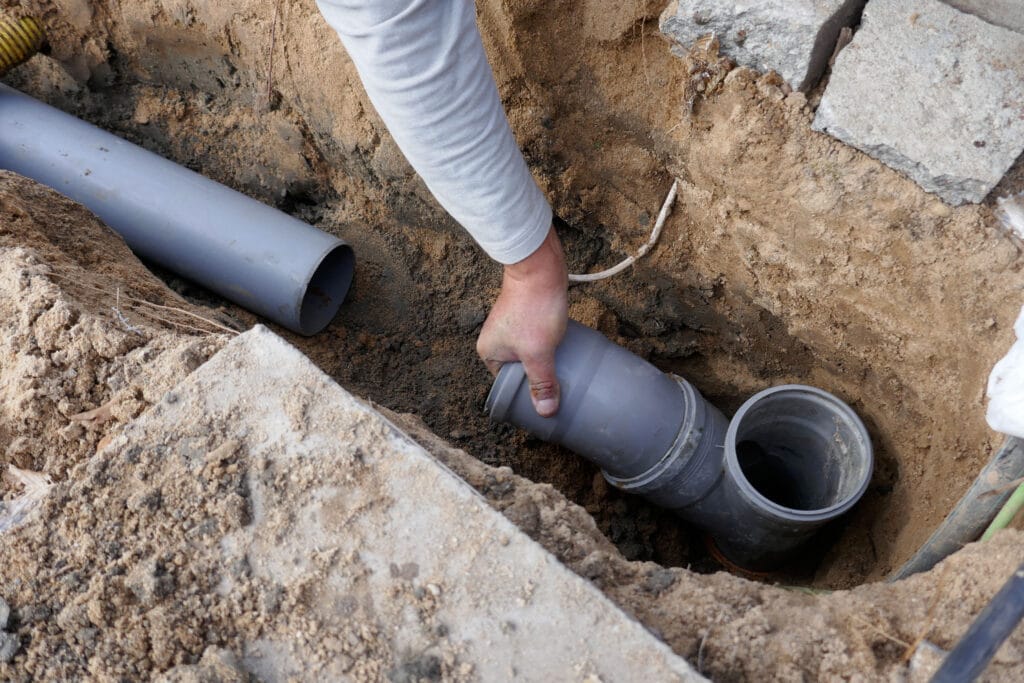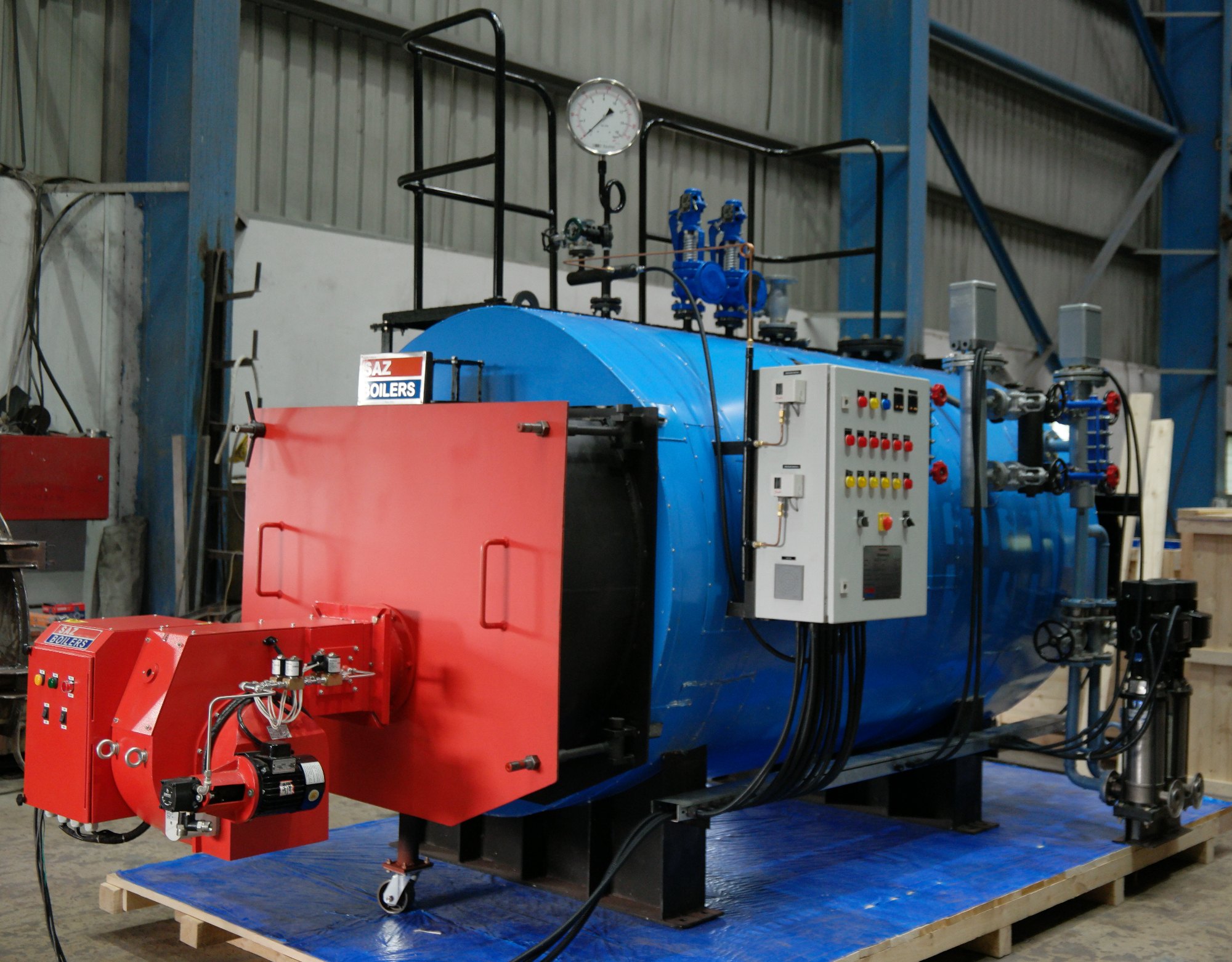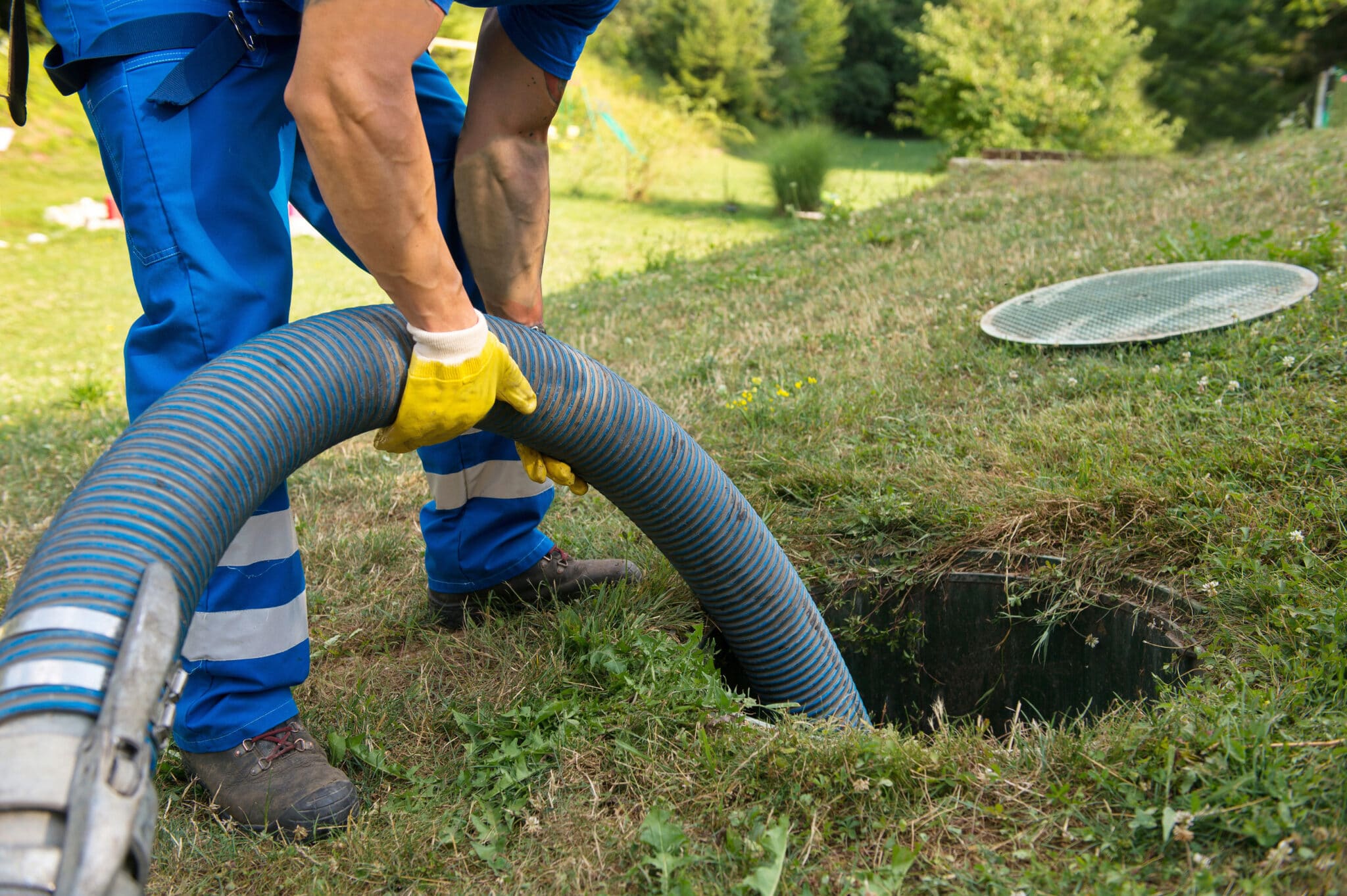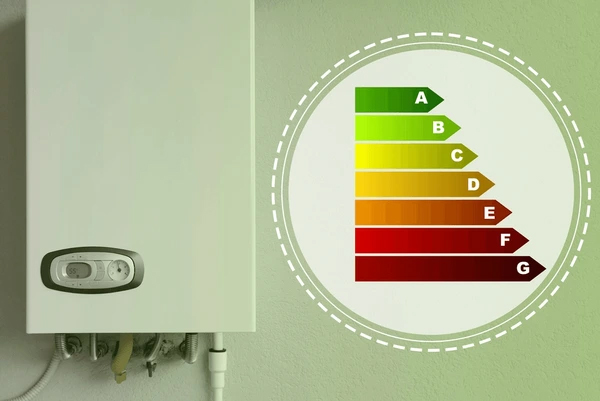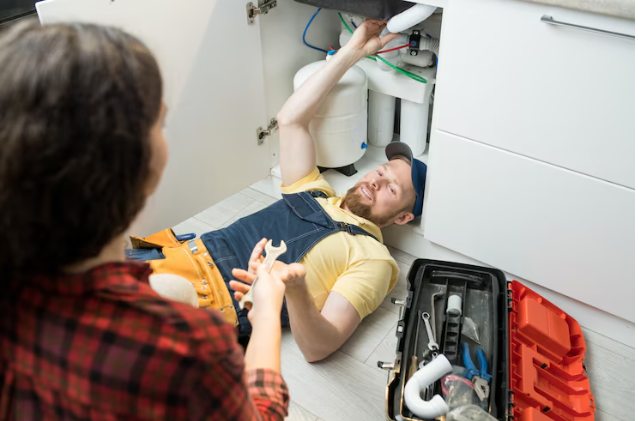
Essential Tips for Handling Plumbing Emergencies in New Jersey
Plumbing emergencies can strike at any time, often when you least expect them. Whether it’s a burst pipe, a major leak, or a clogged drain, knowing how to handle these situations efficiently can save you from extensive damage and costly repairs. In New Jersey, where weather conditions and older infrastructure can exacerbate plumbing issues, having a plan in place is crucial. Here are some essential tips for managing plumbing emergencies effectively and ensuring you get the best support from an emergency plumber in New Jersey.
Know Your Main Water Shut-Off Valve
The first and most crucial step in managing a plumbing emergency is to locate and understand how to operate your main water shut-off valve. In the event of a significant leak or burst pipe, shutting off the water supply as quickly as possible can prevent further damage.
Action Step: Identify the main water shut-off valve in your home, typically located in the basement, crawl space, or near the water meter. Ensure everyone in your household knows where it is and how to turn it off in an emergency.
Have a Basic Plumbing Toolkit Ready
A well-stocked toolkit can be invaluable during a plumbing emergency. While you might need professional help for severe issues, having some basic tools on hand can help you manage minor problems and prevent them from escalating.
Action Step: Assemble a basic plumbing toolkit that includes items like a pipe wrench, pliers, a plunger, and a pipe sealant. Having these tools readily available can help you address small issues before an emergency plumber in New Jersey arrives.
Understand Common Plumbing Problems
Familiarize yourself with common plumbing issues and their symptoms. Knowing what to look for can help you diagnose the problem more accurately and provide essential information to the emergency plumber in New Jersey when they arrive.
Action Step: Educate yourself on signs of common plumbing problems such as leaks, clogs, and low water pressure. Understanding these issues can help you describe the problem more effectively to a professional.
Act Quickly to Contain the Damage
Time is of the essence in a plumbing emergency. Quick action can help minimize damage and reduce repair costs. If you notice a leak or other plumbing issue, take immediate steps to contain the problem until professional help arrives.
Action Step: Use towels, buckets, or even plastic sheeting to catch and contain water from leaks. If possible, move valuable items out of the affected area to prevent water damage.
Avoid Using Chemical Drain Cleaners
While it may be tempting to use chemical drain cleaners for a clogged drain, these products can sometimes cause more harm than good. They can damage pipes, especially if used improperly or frequently.
Action Step: Instead of relying on chemical cleaners, use a plunger or a plumbing snake to address clogs. For persistent issues, contact an emergency plumber in New Jersey who can provide a more thorough solution.
Know When to Call a Professional
Understanding when to call a professional can save you time and prevent further damage. While some minor plumbing issues can be managed with DIY methods, others require the expertise of an emergency plumber in New Jersey.
Action Step: If you encounter a problem that involves significant water damage, a burst pipe, or persistent clogs, it’s best to call a professional immediately. Experienced plumbers can provide a proper diagnosis and effective solution.
Keep Emergency Contact Information Handy
In an emergency, having the contact information for a reliable emergency plumber in New Jersey readily available can make a significant difference. Make sure you have the numbers of trusted professionals on hand for quick access.
Action Step: Store the contact information for your preferred emergency plumber in New Jersey in your phone and keep a written copy in a designated place. This ensures you can reach them promptly when needed.
Document the Damage
If possible, document the damage caused by the plumbing emergency. This can be helpful for insurance claims and for providing detailed information to the emergency plumber in New Jersey.
Action Step: Take photos or videos of the affected areas and any visible damage. Keep a record of the incident and any steps you took before the plumber arrived.
Check for Water Damage After Repairs
Once the emergency plumber in New Jersey has addressed the issue, it’s essential to inspect your home for any residual water damage. Promptly addressing any remaining issues can prevent mold growth and further damage.
Action Step: After repairs are completed, thoroughly check the affected area for any signs of water damage. Ensure that everything is dry and that no further issues are present.
Invest in Preventative Maintenance
Preventing plumbing emergencies before they occur is the best strategy for maintaining a trouble-free system. Regular maintenance can help identify and address potential issues before they become significant problems.
Action Step: Schedule regular plumbing inspections and maintenance with a reputable plumber. Preventative care can help catch minor issues early and ensure your plumbing system remains in good working condition.
Conclusion
Handling a plumbing emergency effectively requires preparation, quick action, and knowing when to seek professional help. By following these essential tips, you can manage plumbing issues more efficiently and minimize damage to your home. For reliable and prompt assistance, it’s crucial to have a trusted emergency plumber in New Jersey at your disposal.
For expert plumbing services in New Jersey, including emergency repairs, contact Y-Team Plumbing and Heating. Our experienced team is dedicated to providing top-notch service and ensuring that your plumbing issues are resolved swiftly and efficiently. Reach out to us today for all your plumbing needs and keep your home safe and functional.

